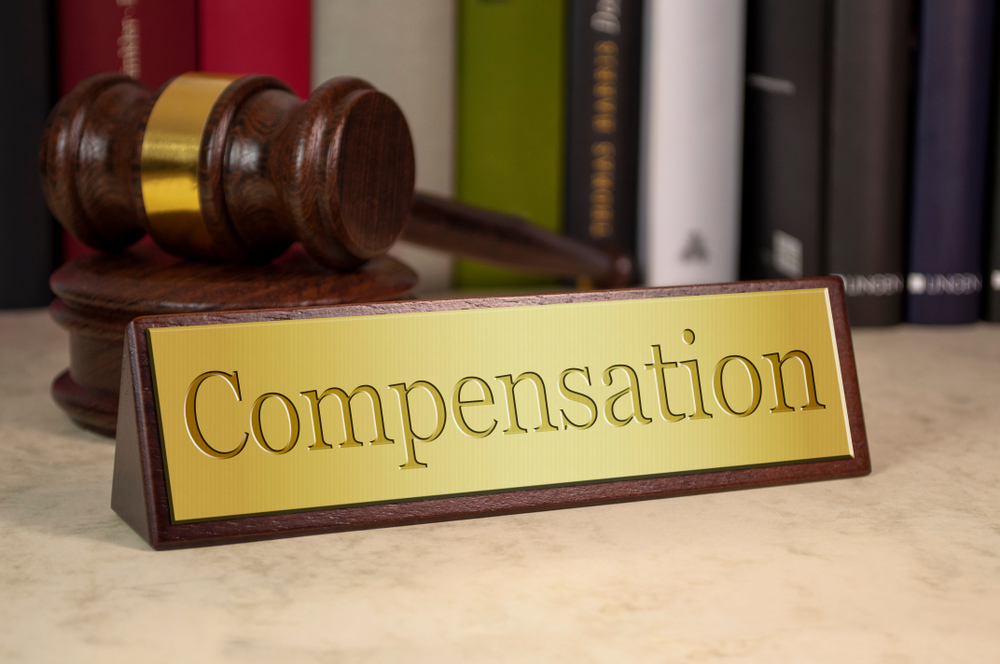Tenancy law is a branch of civil law that governs the relationship between tenants and landlords. In Belgium, it is mainly regulated by the Civil Code and regional legislation, such as the Flemish Housing Rent Decree. A good understanding of tenancy law is essential for both private individuals and professionals involved in renting or leasing property.
When entering into a rental agreement, a written contract is essential. This document must clearly state the rent amount, the contract duration, the notice periods, and any additional terms. In most cases, an inventory of fixtures is mandatory at both the start and end of the rental period.
Tenants have the right to peacefully enjoy the rented property, meaning landlords may not interfere with the tenant’s privacy. On the other hand, tenants must act as responsible occupants and pay the rent on time. Any damage caused by the tenant’s negligence must be repaired at their expense.
Landlords are required to deliver and maintain the property in good condition. Repairs due to normal wear and tear are usually the landlord’s responsibility, while minor repairs and daily upkeep generally fall to the tenant.
Rent indexation is also strictly regulated. In Flanders, landlords may index the rent once per year based on the health index, and they must inform the tenant in a timely and correct manner. Unlawful increases can be challenged in court.
Termination of the lease must follow legal notice periods and be properly motivated. In some cases, a termination fee may apply, depending on who ends the contract and at what stage.
A common dispute involves rent arrears. If a tenant fails to pay, the landlord should first issue a formal notice of default. If this is unsuccessful, the landlord may bring the matter before the Justice of the Peace, who handles rental disputes.
Conflicts over property damage are also frequent. In such cases, the inventory plays a vital role as evidence. Without it, the property is presumed to have been delivered in good condition, which can be detrimental to the landlord.
In the event of death or sale of the rented property, special rules apply. In principle, the lease continues and is binding for the new owner. Only under certain conditions can the lease be terminated.
It is crucial to know your rights and obligations before signing a lease. In complex cases—such as co-renting, subletting, or lease termination—legal advice is highly recommended.
Tenancy law evolves constantly and varies between regions. What applies in Flanders may differ from Brussels or Wallonia. Professional legal guidance helps ensure compliance and prevents future conflicts.
Disputes can often be resolved amicably through mediation. If not, the Justice of the Peace can issue a ruling. These proceedings are relatively quick and accessible.
Whether you are a tenant or landlord, tenancy law is designed to protect both parties and ensure a fair balance. By making clear agreements and respecting the law, you can avoid costly and prolonged disputes.







